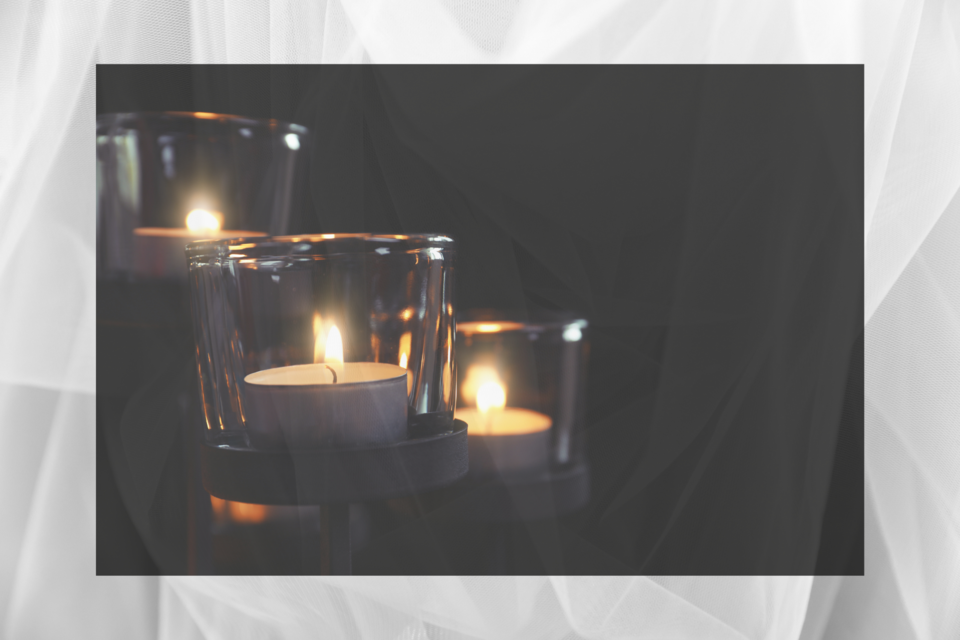The words hang in the air like a heavy fog.
“Twenty-four to seventy-two hours.”
That’s what the doctor says as he looks you in the eye — then down at the floor. He might as well have said “You’re dying,” but somehow, putting a number on it drives the point deeper than any vague mention of “the end.” You feel the words land on your chest like a stone.
You look at your spouse, who’s sitting in the chair beside your hospital bed — the same chair they’ve sat in through sleepless nights, stubborn treatments, whispered prayers. Their face goes white, their eyes fill, but they hold your hand tighter. Because what else do you do when death shows up with a countdown?
In those moments, time stops and speeds up all at once. You don’t think about your bank account. You don’t worry about the lawn that needs mowing or the oil change you forgot last week. Your mind scans through snapshots of your life — your first kiss, the sound of your children laughing, holidays around a crowded table, the way your mother used to hum when she cooked supper.
You think about the things you did — and the ones you didn’t.
The words you said — and the ones you wish you had.
If you’re lucky, you feel peace.
If you’re human, you feel fear.
And if you’ve loved and been loved in return, you feel both at the same time.
For your spouse, it’s a different kind of agony. They want to be strong for you, but they’re breaking inside. They’re already grieving, even though you’re still right there in front of them. They want to soak up every word, every breath, every glance — hoping somehow this will stretch beyond the limits of what the doctor said. Maybe you’ll get 75 hours. Maybe a miracle. Maybe something.
And then there’s your family. The room begins to fill with the people you love most. Their tears are quiet but endless. They try not to cry in front of you, try to smile, tell old stories, play your favorite gospel song. But you see it in their eyes — the sorrow, the helplessness, the love that’s bursting at the seams because they know they’re about to lose someone they can’t imagine living without.
Hospitals have a strange way of turning sacred. In those final hours, everything becomes holy. The IV drip, the beep of the monitor, the soft sound of the chaplain’s voice. Even silence feels sacred — the kind that says more than words ever could.
This is the part of life no one wants to talk about. But as a funeral director, and more importantly, as someone who’s walked with families through these hours, I can tell you — these are often the most honest moments in a person’s life. The noise falls away. The masks come off. You see what really matters.
Love.
Forgiveness.
Faith.
And time — even if there’s not much of it left.
If you ever find yourself hearing those words — 24 to 72 hours — let yourself feel every emotion. Cry if you need to. Laugh when you can. Say what needs to be said. Let go of the little things and hold on to the ones who matter. And if you’re the one sitting in the chair beside the bed, just keep holding their hand.
Because love doesn’t have a countdown.
And even in the face of death, it remains.




